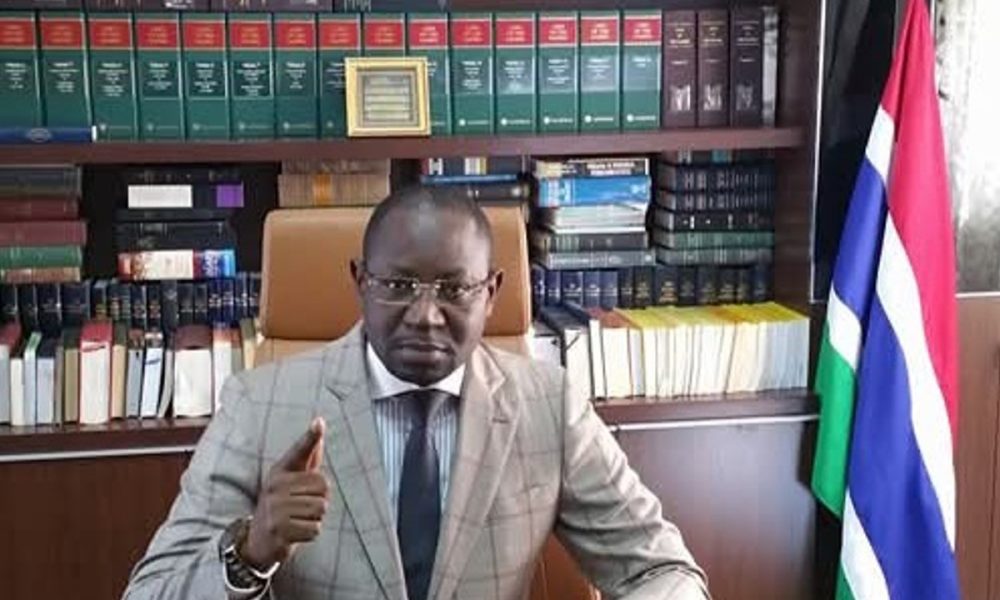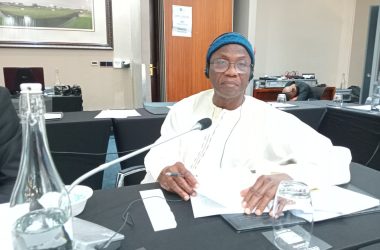GMC party leader Mai Ahmed Fatty has cautioned Gambians against what, he described, as the growing trend of glorifying the country’s former dictator.
Mai contended that there had been “astonishing” efforts on certain social media platforms to sanitise or eulogise the legacy of the former regime.
Fatty, who has long remained a vocal critic of authoritarianism, reminded Gambians of the painful 22-year experience under a system, he described, as a “brutal dictatorship”. He stressed that now more than ever, the nation must not forget the destructive potential of unchecked power.
“Our national experience proves that unchecked power with its corrosive influence can lead to destruction,” Fatty wrote on his Facebook page. “What seemingly began as leadership for the people, swiftly metamorphosed into rule of fear over the people, demanding total obedience instead of service.”
The GMC leader reflected on the gradual but devastating erosion of public trust during that time, where dissent was punished, and loyalty was expected rather than earned. Fatty warned that isolation and paranoia eventually drove the regime to further consolidate power, deepening the divide between the government and the people.
Drawing from historical context and philosophical insight, he likened power to a weapon, stating that like war, it must be wielded with caution. “True strength for a leader is not found in hoarding power but in using it to elevate others,” he said.
Fatty noted that power should not be judged by how long it is held, but by how it is used. He called the two decades of Gambian dictatorship a stark example of power being used destructively rather than for public good.

He also acknowledged the progress made since the fall of the regime, particularly the disappearance of a climate of fear. “Regardless of where one sits ideologically, the comparative difference today is crystal clear,” Fatty said. “At least fear has been banished—and that, to me, is hugely significant.”
His statement serves as both a warning and a call to national memory: to remain vigilant about how power is used, and to ensure that history’s darker chapters are not repeated or romanticised.





